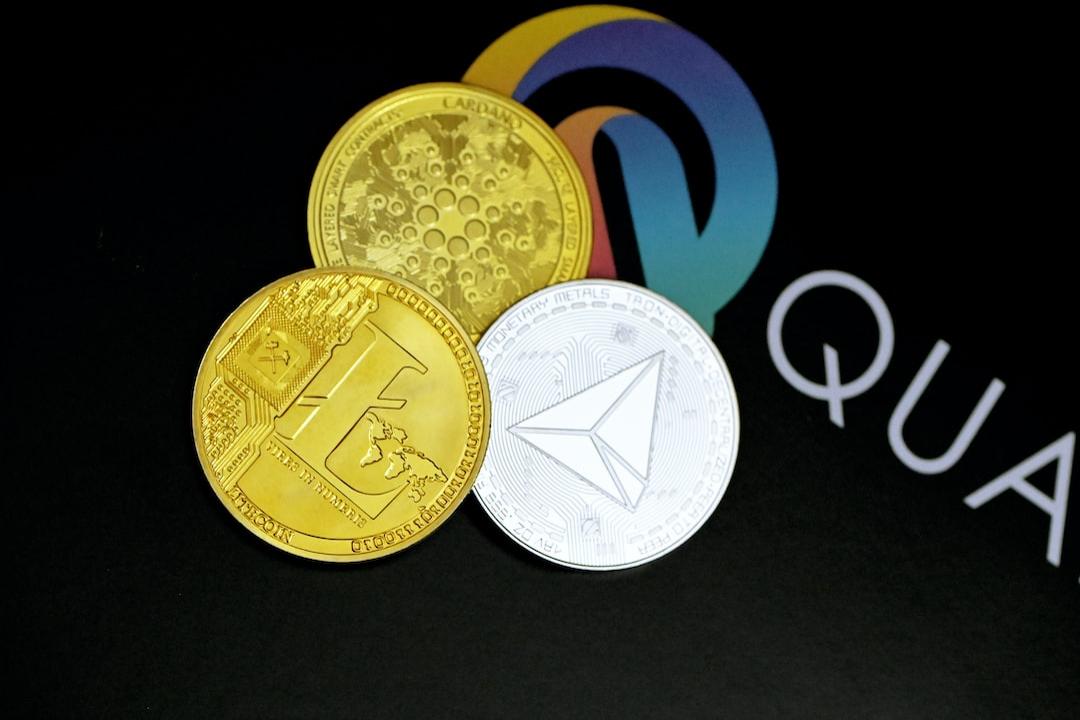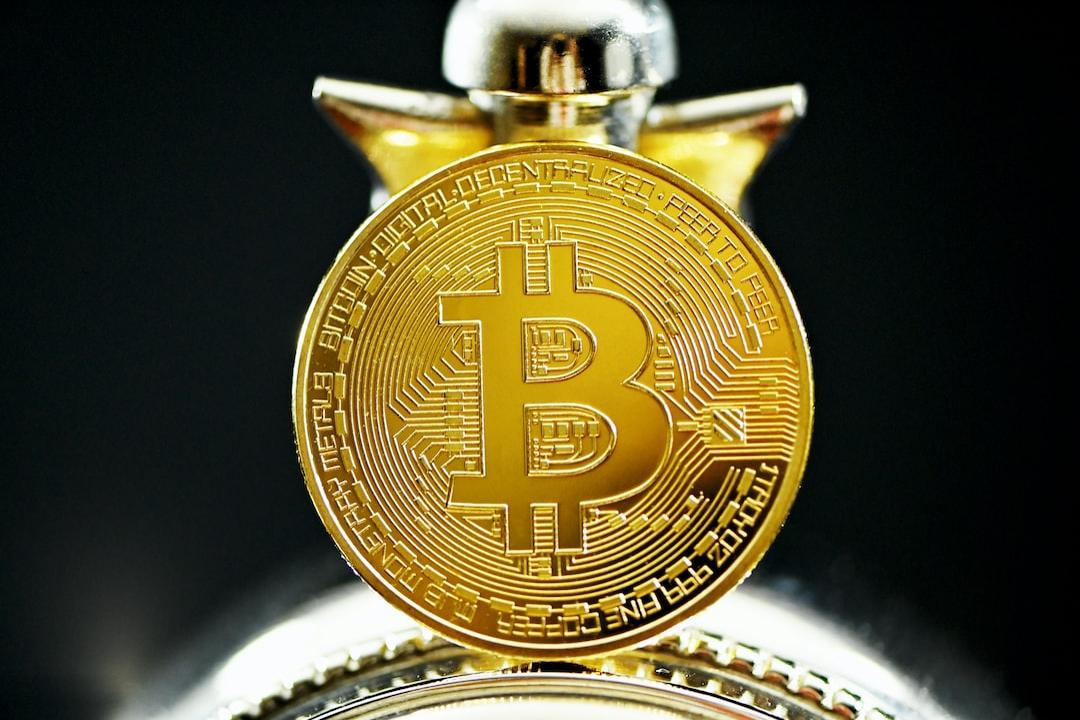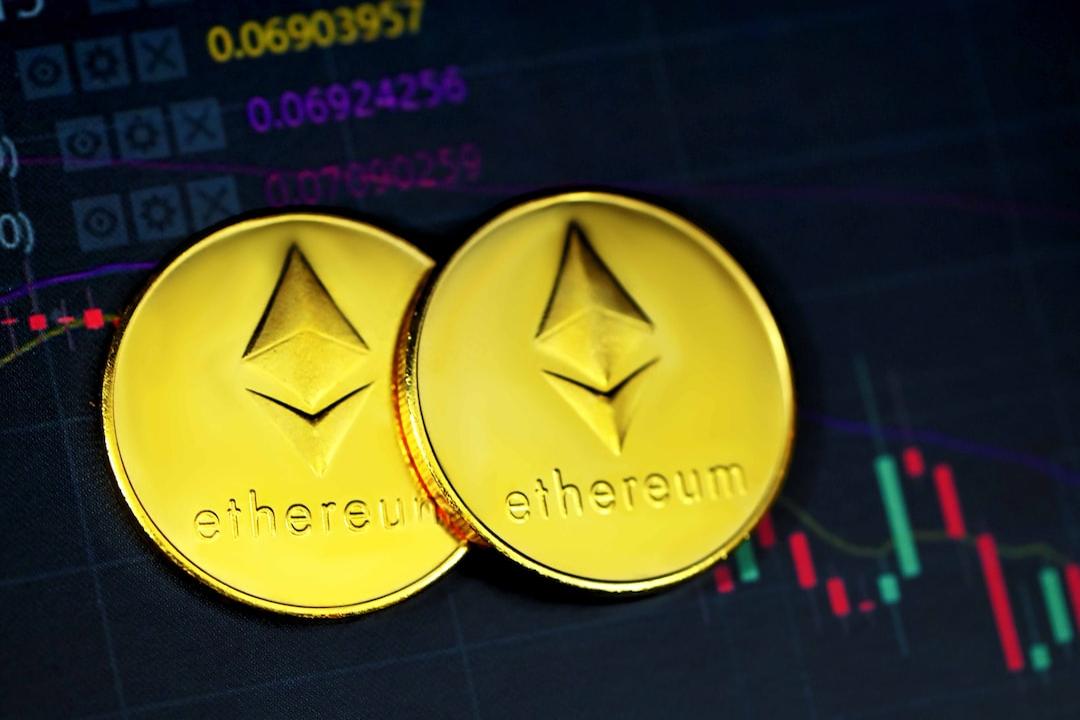Trump Suspends Aid to South Africa Amid Controversy Over Land Expropriation Law
In February of this year, Trump signed an executive order to suspend aid to South Africa, citing alleged “racial discrimination” in the government’s promotion of the Land Expropriation Bill. On May 22, during a meeting at the White House with South African President Cyril Ramaphosa, he not only revisited the controversy surrounding the bill but also called for providing refugee status to white South African immigrants. He even played a video of South African officials publicly calling for the removal of whites and reclaiming land, which put the attending South African officials in an awkward position. However, Ramaphosa emphasized that South Africa is a rule-of-law democracy, and the related remarks do not represent the government’s position, leading to a tense exchange between the two parties.
Key Summary
- Trump orders suspension of aid to South Africa, advocating for a white refugee relocation plan.
- The new South African Land Expropriation Law allows expropriation for public interest, some land may be taken without compensation.
- Trump and Ramaphosa’s meeting featured a radical video, claiming racial genocide in South Africa.
- President Ramaphosa refutes claims of genocide, asserting that Trump misunderstands the bill.
- The U.S. considers reinstating a 30% tariff on South African exports, straining bilateral trade relations.
The South African government signed the Land Expropriation Bill at the end of 2023, claiming:




The government can expropriate private land based on public interest (such as building roads or schools) and provide reasonable compensation. If the land is considered vacant or speculative, it may be taken without compensation.
The South African government stated:
“Whites make up 7% of the total population but own most of the agricultural land. This bill aims to rectify the old laws left over from the apartheid era.”
Trump has accused South Africa of racial discrimination, questioning Ramaphosa during their meeting.
In February of this year, Trump signed an executive order to suspend aid to South Africa due to:
“The new Land Expropriation Bill promoted by the South African government is alleged to be racially discriminatory.”
On May 22, during a meeting with South African President Ramaphosa at the White House, Trump played a video of white farmers being killed, suggesting these whites were murdered and had their land taken from them. However, according to official data, there are over 20,000 murders in South Africa annually, with less than 0.3% occurring on farms. Although farm violence often receives attention, data shows it is not the main cause of murder in South Africa, with most victims being young black males.


Ramaphosa refutes the genocide claims, calling it historical justice legislation.
Ramaphosa responded:
“There is no racial genocide in South Africa; property rights are still protected.” He emphasized that the true purpose of the bill is to ensure that more South African people, especially black communities long deprived of land, can enjoy fairness and justice. The spokesperson for the South African president felt that the questions during the meeting were somewhat pointed and disrespectful but still hoped for continued cooperation between the two parties.
Trump temporarily halts the 30% tariff; South Africa strives for negotiation.
In addition to suspending aid, Trump had also threatened to reinstate a 30% tariff on South Africa. Although this has currently been postponed until July, South Africa hopes to negotiate a new agreement to avoid any impact on exports. According to official U.S. data, South Africa is the second-largest trading partner of the U.S. in Africa, with exports reaching $14.7 billion in 2024.


Risk Warning
Cryptocurrency investments carry a high level of risk, and their prices can be highly volatile. You may lose all your principal. Please assess the risks carefully.

